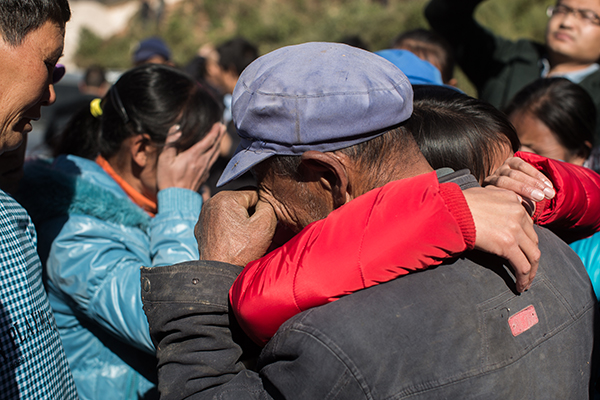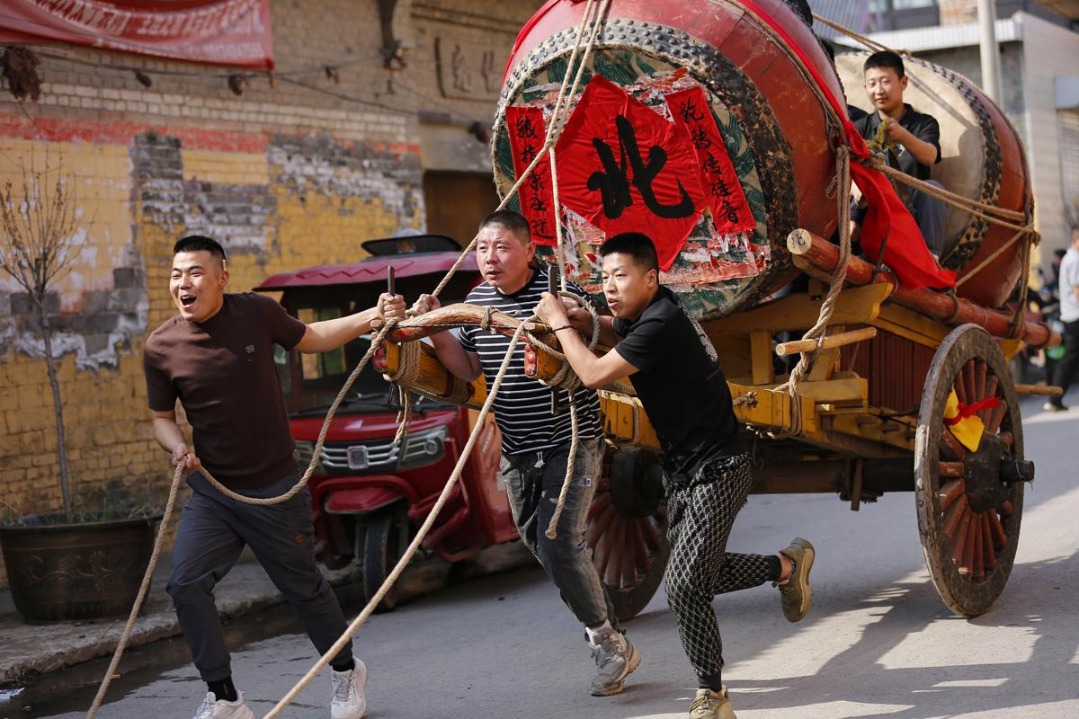Nation aims to undo, prevent, wrongful convictions


Thousands of flawed judgments have been overturned in the past five years
On Sunday night, Zhou Yuan joined the Spring Festival travel rush by taking a train to Yining, his hometown in the northwest of the Xinjiang Uygur autonomous region, where he will celebrate China's most important holiday.
This week, Zhou, 48, will celebrate his first Spring Festival following the quashing of his wrongful conviction for a string of sexual attacks that put him behind bars for 15 years.
"I don't know if I should be happier or not this year, but I am certain I will think about the Spring Festivals I spent in prison with the other inmates," he said, before boarding a train in Urumqi, the regional capital.
On Jan 30, Zhou received documents from the Xinjiang High People's Court in Urumqi that outlined the amount the authority is offering as compensation for his flawed conviction.
However, he will probably reject the 1.91 million yuan ($303,000) offer because he believes he deserves more in light of everything that was taken away from him.
"I could have been a successful businessman, a husband and a father. What am I now?" he said.
Since 2013, under an initiative promoted by the central leadership, the nation's legal bodies have accelerated efforts to overturn miscarriages of justice.
Last week, Zhou Qiang, president of the Supreme People's Court, the top judicial chamber, said one of the main tasks for courts at all levels this year is to improve the quality of case hearings to prevent wrongful convictions.
"We must uphold justice by rejecting evidence gained illegally or improperly, and also highlight the principle of 'no punishment on doubtful evidence'," he said, adding that 4,032 unsafe convictions were quashed between 2013 and September.
In 1991, police in Yining, a city close to Xinjiang's border with Kazakhstan, began receiving reports of women and girls being attacked while they slept. The offender would break into homes or dormitories and assault the victims with a knife. He often molested them too.
In 1997, Zhou was arrested after an attack at a high school in the city. He confessed to eight crimes, including stabbing seven female students in the genital area. He later claimed the officers in charge of his case had forced him to confess.
Descriptions given to the police suggested the suspect was a male in his mid20s. Later the list of suspects was narrowed down to Zhou, who lived near the school and was jobless, according to local paper Ily Daily on July 18, 1997. It reported, "After two days and three nights of questioning, Zhou finally confessed to his crimes on May 20."
No physical evidence was presented at the trial, but Zhou, then 27, was convicted on five charges of intentionally harming and molesting females. He was given a suspended death sentence.
"At the trial, I asked the police officer in charge of the case what he would do if the real attacker was caught. He didn't reply," Zhou recalled.
A year later, police arrested a man named Hou Yong, who confessed to crimes identical to those for which Zhou had been convicted. Hou was executed in 1999.
- Number of foreign visits increases over threefold
- Shopping mall hosts 'space-out' competition in China
- Vlogger faces prison time, fines for killing wild boar in Beijing
- PBOC former vice-governor pleads guilty for bribery
- Shenzhou XVI crew members awarded for explorations
- China awards medals to Shenzhou-16 astronauts





































